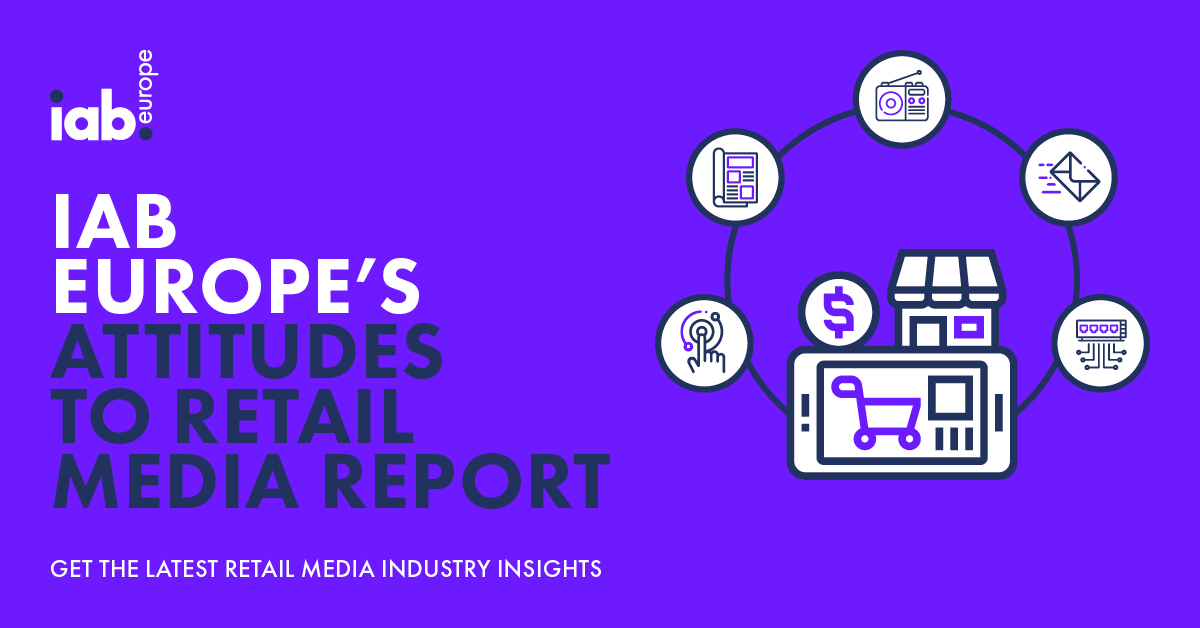Steve Flanagan, head of client operations at Yodel, reflects on how the logistics industry adapted during different stages of the Covid-19 pandemic.
Business braces for a challenge
When lockdown loomed back in early March, the uncertainty of the situation meant a lot of businesses were preparing for a worst-case scenario. Bricks and mortar retail looked to be grinding to a halt, and there was talk of mass redundancies and even potential closures. One way or another, the coronavirus was going to bring dramatic changes overnight to consumer behaviour and habits, and the logistics industry would need to be able to adapt sufficiently to meet the challenge.
As the nationwide lockdown came into force, the Government swiftly identified those working on the frontline in the logistics industry as key workers. This provided the foundation on which the sector’s response was able to be built.
Managing a moving crisis
Fortunately for the logistics industry – having just emerged from its ‘peak period’ of Christmas, Valentine’s Day and Mother’s Day – it was match fit for the challenge of increased demand. As customers flocked to online shopping to get their retail fix, the volume of deliveries multiplied to form a fourth peak. Coinciding with the week of Mother’s Day meant that parcel carriers were in a position to implement any immediate learnings from the previous four months.
But the key difference between traditional peaks and the one triggered by coronavirus has been the unprecedented health risks that must be negotiated while operating at maximum capacity. Swift, decisive implementation of protective measures was required in order to ensure the safety of colleagues and customers up and down the country. Social distancing was immediately enforced in depots and at the point of delivery, with firms introducing new ways of working like no contact deliveries. This gave clients and end-customers the reassurance that the logistics industry was a safe place, and dramatically reduced the risk of transmission.
With a 74% growth in average transaction volumes for online shopping in March compared with the same period last year, according to data from ACI Worldwide, logistics firms clamoured to bolster their man power.
Key industry players hired hundreds of traditional couriers, as well as partnering with other businesses that ordinarily wouldn’t operate in the delivery sphere like Uber and Arrow Cars, the private hire company. Operating primarily out of airports, Arrow Cars had seen its demand reduce dramatically with the travel restrictions across the globe, but the drivers’ local knowledge proved to be a great asset for delivering parcels. Being a flexible business is increasingly important at all times, but its significance became even more apparent as the industry has proven its resilience.
Once the additional human resource was added, the next challenge was to get individuals up to speed and ready to hit the delivery rounds. Technology has been instrumental in allowing the logistics workforce to scale up at such short notice. One such example is the superfast smartphone scanning that has recently come to the fore. It allows final mile drivers to load an app onto their own phone, rather than having to use a handheld terminal. This was hugely beneficial during lockdown, as it enabled the hundreds of new couriers to be onboarded at a much faster rate and allowed the industry to increase capacity effectively.
Having successfully adapted commercial operations, using a combination of technology, flexibility, and new process, it was good to see the industry giving back to the national economy. As businesses across all sectors showed solidarity with the health service, Yodel utilised its expertise to work with SalutetheNHS.org and deliver a million meals to NHS staff over the course of 12 weeks.
Lessons for the future
There’s still work to be done, but with positive developments such as high street shops opening up again, and the easing of restrictions in the UK, it is a timely moment for reflection.
More than anything, the crisis has highlighted the puzzle pieces that need to be adapted to manage sudden spikes in volume at short notice. By fitting together an agile workforce, a flexible network, and integrated technology, the logistics industry has been able to adjust quickly to meet the heightened demand.
It is this combination which has led to the logistics industry being able to cope so far with the extra pressure during the pandemic, and play a key role for its clients and customers alike. Operating in the most challenging of circumstances has given retailers the reassurance that their delivery partners can be relied on at all times. As the country slowly recalibrates, consumers will remember which businesses were with them through the tough times.








